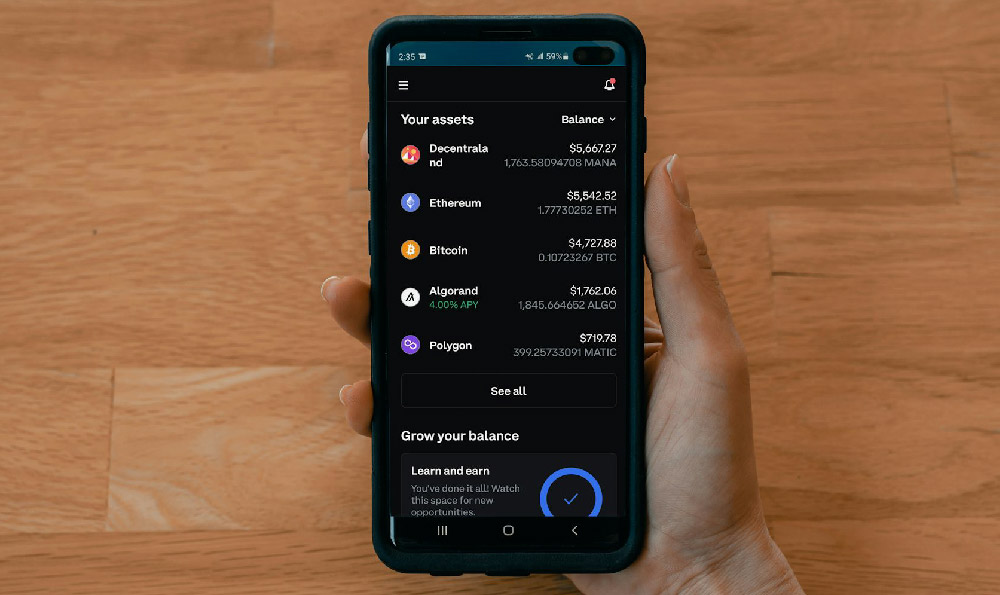While directly investing in George Soros's Soros Fund Management is not possible for the general public, understanding its investment philosophy and strategies can offer valuable insights for individual investors. Soros Fund Management is a private investment firm that manages the assets of George Soros and his family. Its exceptional track record stems from a distinct approach to investment, primarily focused on identifying macroeconomic trends and capitalizing on them through various financial instruments.
The fund is renowned for its aggressive and often contrarian investment style. Soros himself is famous for his theory of reflexivity, which posits that investor biases can actually influence market fundamentals. This means that rather than simply reacting to market movements, Soros's team attempts to anticipate how investor sentiment will impact an asset's price, even if that means betting against the prevailing trend. A prime example is Soros's famous bet against the British pound in 1992, which earned him billions and cemented his reputation as a master investor.
So, while direct investment isn't an option, aspiring investors can glean valuable lessons from the fund's methodology. One key takeaway is the importance of macroeconomic analysis. Soros Fund Management dedicates significant resources to understanding global economic trends, political events, and central bank policies. They look for imbalances and dislocations in the market that create opportunities for profit. Individual investors can emulate this by staying informed about global events, reading economic reports, and understanding how these factors might impact different asset classes. Subscribing to reputable financial news outlets, following economists and market analysts, and reading publications from international organizations like the IMF and World Bank can provide a solid foundation for understanding macroeconomic trends.

Another crucial aspect is risk management. While Soros Fund Management is known for taking bold positions, they also employ sophisticated risk management techniques to protect their capital. They diversify their investments across different asset classes, countries, and sectors, and they use hedging strategies to mitigate potential losses. Individual investors should similarly prioritize diversification. Avoid putting all your eggs in one basket and spread your investments across a range of assets, such as stocks, bonds, real estate, and commodities. Consider using exchange-traded funds (ETFs) or mutual funds to easily diversify your portfolio. Furthermore, learn about hedging strategies, such as using options or futures, to protect your investments against market downturns. However, remember that these strategies involve a higher level of sophistication and should only be pursued with a thorough understanding of their risks and potential rewards.
Furthermore, understanding and incorporating Soros's theory of reflexivity into one's investment approach, to the extent possible, can be beneficial. This doesn't mean blindly following market trends, but rather critically analyzing the underlying narratives and investor psychology driving those trends. Ask yourself, "Is this trend sustainable?" "Are investors overly optimistic or pessimistic?" "What could cause a reversal in sentiment?" By questioning prevailing narratives and considering alternative perspectives, you can potentially identify undervalued or overvalued assets and make more informed investment decisions.
It's also worth noting that Soros Fund Management has evolved over time. While macroeconomic investing remains a core focus, the fund has also adapted to changing market conditions by incorporating quantitative strategies and technology into its investment process. This highlights the importance of continuous learning and adaptation in the investment world. Individual investors should stay abreast of new investment tools and techniques, and be willing to adjust their strategies as market conditions change.
While you can't invest directly, you can consider investing in similar hedge funds or investment firms that employ a similar investment philosophy. However, it's crucial to thoroughly research any investment firm before entrusting them with your capital. Look for firms with a proven track record, a strong risk management framework, and transparent fee structures. Understand their investment strategy and make sure it aligns with your own investment goals and risk tolerance.
Finally, a key aspect often overlooked is the long-term perspective. Although Soros is known for making quick, tactical trades based on short-term market inefficiencies, the underlying principles driving those decisions stem from long-term macroeconomic analyses. Individual investors should cultivate a long-term perspective, focusing on building a well-diversified portfolio that can withstand market volatility and generate sustainable returns over time. Avoid trying to time the market or chasing short-term gains, and instead focus on identifying fundamentally sound investments that have the potential to grow over the long run.
In conclusion, while you can't directly invest in Soros Fund Management, you can adopt its key principles of macroeconomic analysis, risk management, and contrarian thinking to improve your own investment performance. By staying informed, diversifying your portfolio, and cultivating a long-term perspective, you can increase your chances of achieving your financial goals. Remember that investing involves risk, and there are no guarantees of success. Always do your own research and consult with a qualified financial advisor before making any investment decisions.